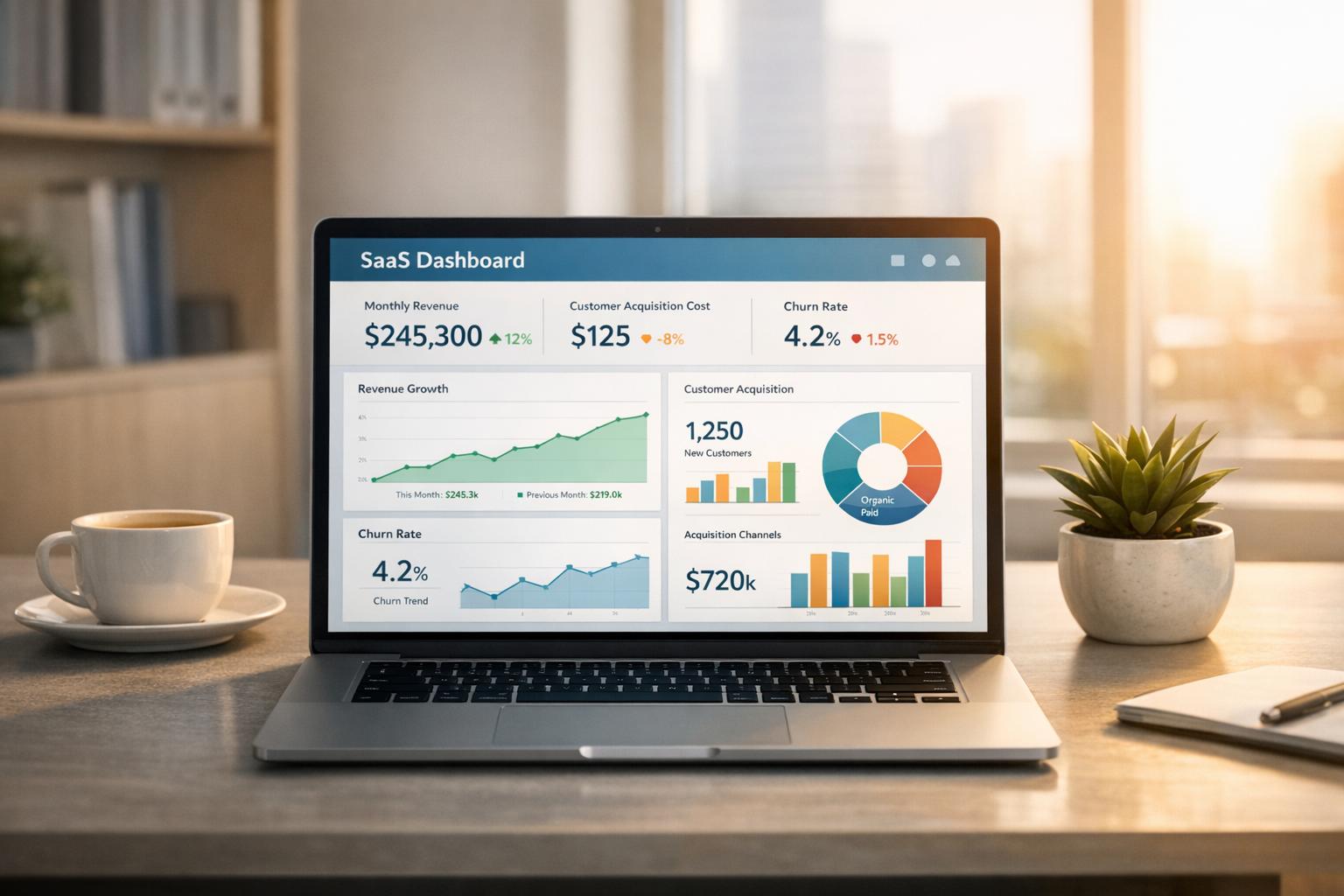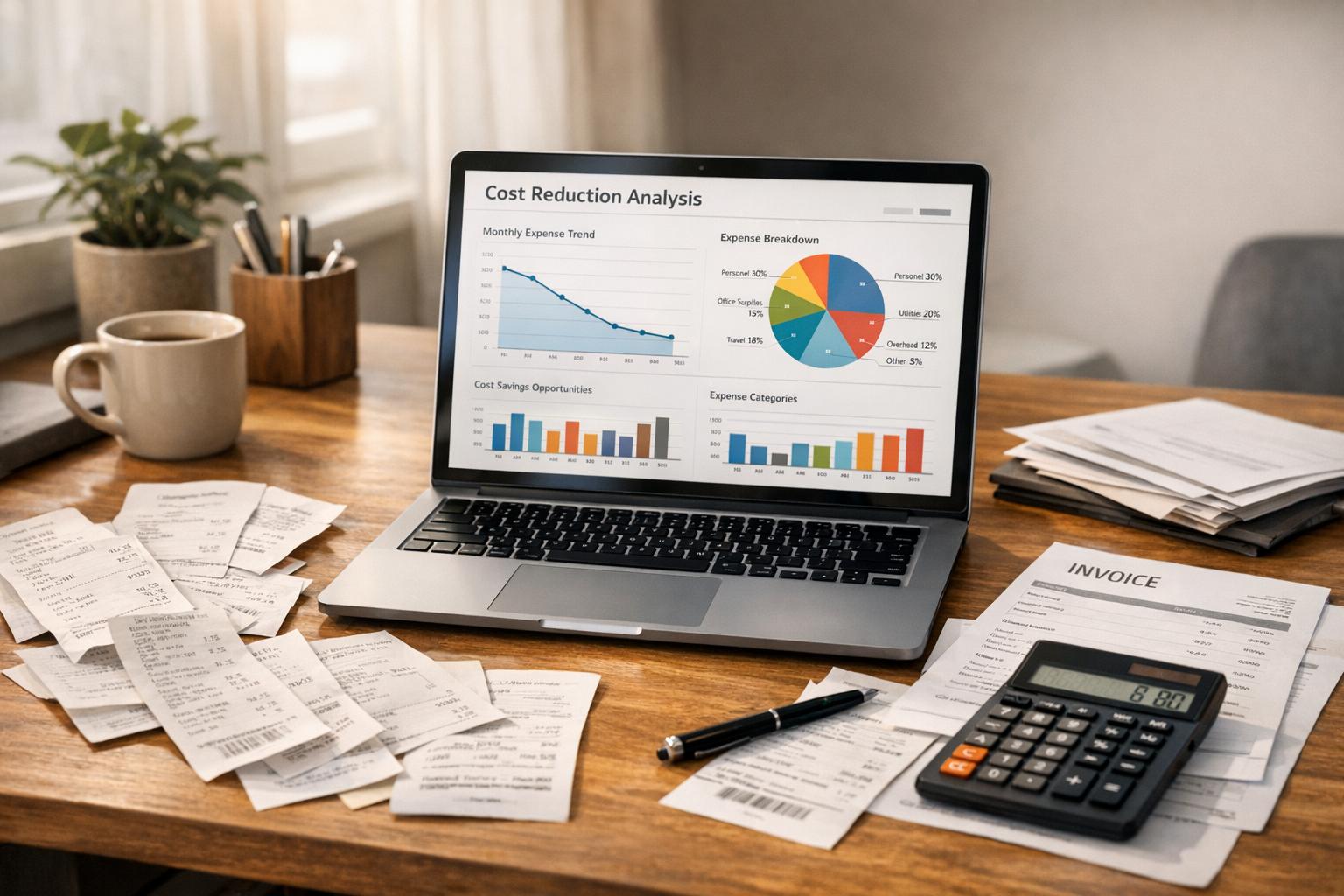Comprehensive Guide to Valuation Multiples for Small Businesses: SDE, EBITDA, and Revenue Metrics Explained

Small businesses form the backbone of the U.S. economy, contributing significantly to innovation, employment, and community development. Statistics reveal that over 99% of all businesses in America are classified as small businesses. For entrepreneurs and investors, understanding how to accurately value a small business is critical when considering buying, expanding, or selling. A key component of this process is understanding valuation multiples—a set of financial ratios that provide insight into a business’s worth in the market.
This article explores the fundamentals of valuing a small business, including various valuation methods and the critical role of valuation multiples. We’ll discuss Seller’s Discretionary Earnings (SDE), Earnings Before Interest, Taxes, Depreciation, and Amortization (EBITDA), and Revenue (REV) multiples. By the end, you’ll gain a deeper understanding of how valuation multiples function and how they influence business transactions.
Valuing a Small Business: Where to Begin
Valuing a small business involves analyzing various financial and operational factors. It’s a complex process best handled with the help of a professional business valuation expert. Here’s why a business valuation is essential:
- Fair Pricing for Buyers and Sellers:
- Buyers can determine a fair purchase price based on the business’s financial performance and market position.
- Sellers can establish a reasonable asking price that reflects the business’s true value.
- Risk and Opportunity Assessment:
- Business appraisers evaluate potential risks and growth opportunities, providing valuable insights into how the business can improve its valuation.
- Informed Decision-Making:
- Accurate valuation helps both parties make informed decisions during negotiations.
Approaches to Business Valuation
Valuation experts use various methods to assess a business’s worth. Among these, the market approach is widely used for small businesses. This method involves comparing the business to similar companies using valuation multiples. While this article provides general guidance, it’s important to consult a valuation professional to determine the best approach for your specific business.
At Phoenix Strategy Group, we specialize in valuing small businesses across industries. Whether you’re buying, growing, or selling, our team of experts can provide tailored advice to meet your needs. Schedule a free consultation with us today to learn more.
What Are Valuation Multiples?
Valuation multiples are financial ratios used to estimate the value of a business based on its financial performance and market position. These ratios compare the business’s metrics (such as earnings or revenue) to those of similar companies. Commonly used multiples include:
- SDE Multiples: Based on Seller’s Discretionary Earnings.
- EBITDA Multiples: Based on earnings before interest, taxes, depreciation, and amortization.
- Revenue Multiples (REV): Based on total revenue generated.
Each multiple serves a specific purpose, offering a unique lens through which to evaluate a business’s market value.
Understanding SDE Multiples
Average SDE Multiple Range: 1.5x to 3.0x
SDE multiples are commonly used for small businesses, particularly those with owner-operated models. This metric reflects the total earnings available to the owner, including salary, benefits, and non-recurring expenses. The formula for calculating a business’s value using SDE multiples is:
SDE × Multiple = Business Value
Example: A small business generates $400,000 in SDE. If it transacts at a 2.10x multiple, the implied value is $840,000.
$400,000 × 2.10 = $840,000
When calculating SDE, valuation experts make adjustments to account for expenses that a new owner wouldn’t incur, such as personal or non-business-related costs. This adjustment ensures the value reflects the business’s true cash flow potential, which is critical for prospective buyers.
Additionally, SDE multiples are favored for smaller businesses due to their simplicity and alignment with the operational realities of owner-run enterprises. By including discretionary expenses in the calculation, they provide a clear picture of the potential income a new owner can expect.
EBITDA Multiples: Measuring Operational Performance
Average EBITDA Multiple Range: 3.00x to 5.00x
EBITDA multiples are another popular method for valuing small businesses. This metric normalizes earnings by excluding expenses like interest, taxes, depreciation, and amortization, making it easier to compare businesses across industries. The formula is:
EBITDA × Multiple = Business Value
Example: If a small business reports $250,000 in EBITDA and transacts at a 3.95x multiple, the implied value is $987,500.
$250,000 × 3.95 = $987,500
EBITDA multiples are particularly useful for investors focusing on return on investment (ROI). By normalizing financial metrics, they offer a clearer projection of future cash flows and profitability.
Moreover, EBITDA multiples are preferred for businesses with higher complexity or scale. By excluding non-operational factors, these multiples allow potential buyers to focus on operational performance, making them a reliable tool for comparing companies within the same industry.
Revenue Multiples (REV): A Broad Metric
Average REV Multiple Range: 0.50x to 2.00x
Revenue multiples focus on the total income generated by a business, making them a straightforward way to estimate value. The formula is:
Revenue × Multiple = Business Value
Example: A business generates $1,500,000 in revenue. At a 0.72x multiple, the business’s value is approximately $1,080,000.
$1,500,000 × 0.72 = $1,080,000
While REV multiples provide a broad snapshot, they may not fully account for profitability or operational efficiency. For this reason, many valuation experts prefer SDE or EBITDA multiples for a more nuanced analysis.
Revenue multiples are often used for industries where revenue is a key driver of value, such as subscription-based businesses or startups with consistent growth patterns. They are also a useful secondary metric for confirming other valuation methods.
Factors Influencing Valuation Multiples
The range of valuation multiples can vary based on several factors, including:
- Industry Trends:
- Industries with higher growth potential often command higher multiples.
- Business Size and Scale:
- Larger businesses with established operations may achieve higher multiples than smaller, less mature entities.
- Profit Margins:
- Higher profit margins typically lead to higher multiples as they indicate better financial health.
- Market Conditions:
- Economic factors, such as interest rates and market demand, can influence the valuation landscape.
- Unique Value Propositions:
- Businesses with strong brand recognition, proprietary technology, or a loyal customer base often receive premium valuations.
- Geographic Location:
- Businesses in high-demand regions or with access to lucrative markets may command higher multiples.
Common Pitfalls in Valuation
Understanding valuation multiples is crucial, but missteps can lead to inaccuracies in the valuation process. Here are some pitfalls to avoid:
- Over-reliance on Averages:
- Using industry averages without considering unique business factors can lead to misvaluation.
- Ignoring Adjustments:
- Failing to adjust financials for discretionary or non-recurring expenses may distort the valuation.
- Neglecting Market Trends:
- Outdated market data can result in valuations that do not reflect current conditions.
- Incomplete Financial Records:
- Inaccurate or incomplete records can undermine the credibility of the valuation.
Benefits of Professional Business Valuation
Whether you’re a buyer, seller, or business owner planning for growth, a professional valuation provides invaluable insights. Key benefits include:
- Accurate Fair Market Value:
- Ensures that your business’s worth is neither under- nor overestimated.
- Negotiation Leverage:
- Strengthens your position in discussions with buyers or investors.
- Actionable Insights:
- Identifies areas for improvement that can enhance business value over time.
- Strategic Planning:
- Provides a roadmap for scaling operations or preparing for future sales.
At Phoenix Strategy Group, we deliver detailed business valuations tailored to your needs. Our experts are available to guide you through the process, addressing any questions or concerns along the way.
Summary: The Role of Valuation Multiples
Valuation multiples are essential tools for assessing the worth of small businesses. By analyzing SDE, EBITDA, and REV multiples, you can gain a clear understanding of how your business compares to others in the market. Whether you’re preparing to buy, expand, or sell, understanding these metrics is a vital step in making informed decisions.
To determine the best valuation multiples for your business, consult a professional business appraiser. Phoenix Strategy Group has extensive experience helping small business owners and investors achieve their goals. Schedule your free consultation today to start your valuation journey.




